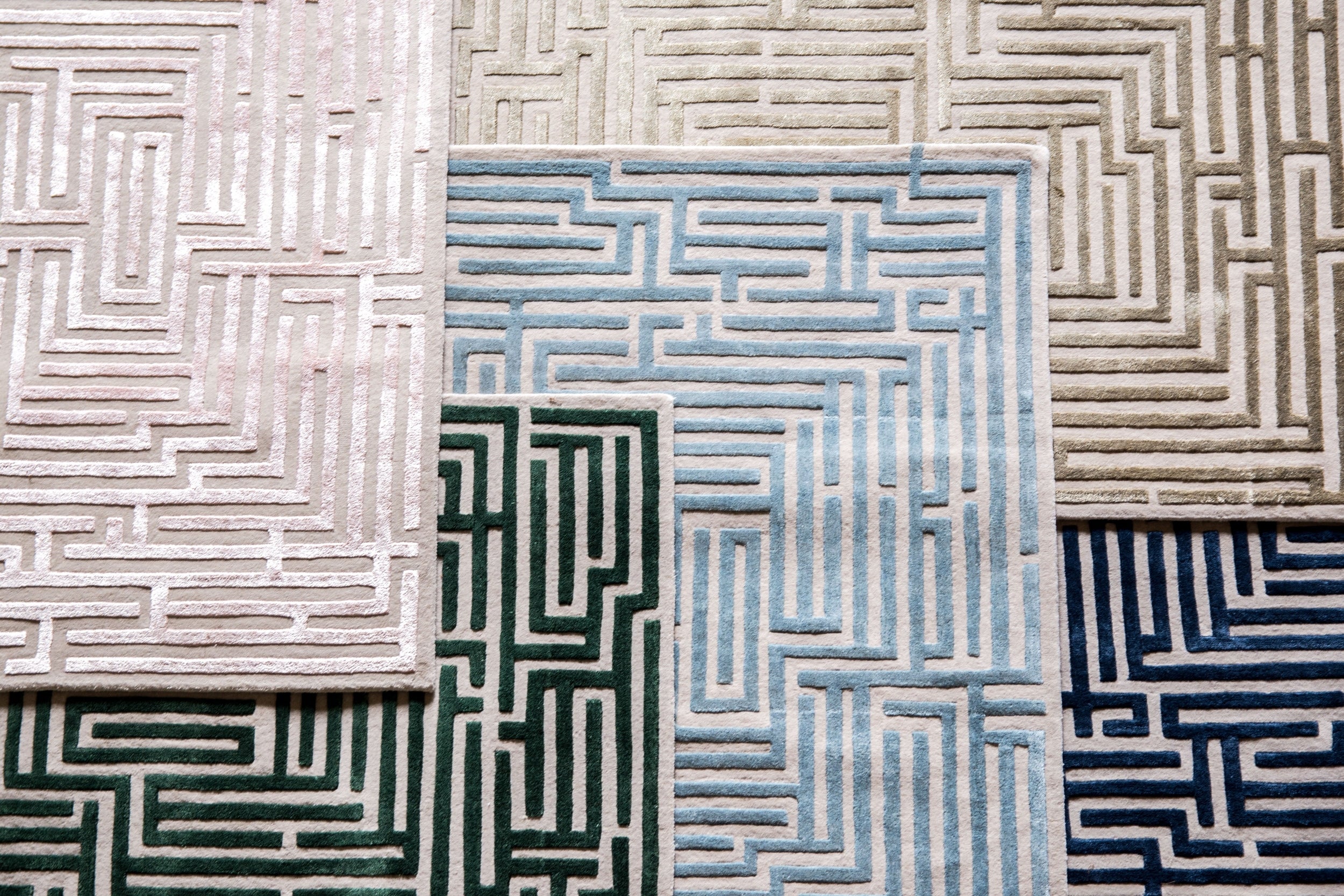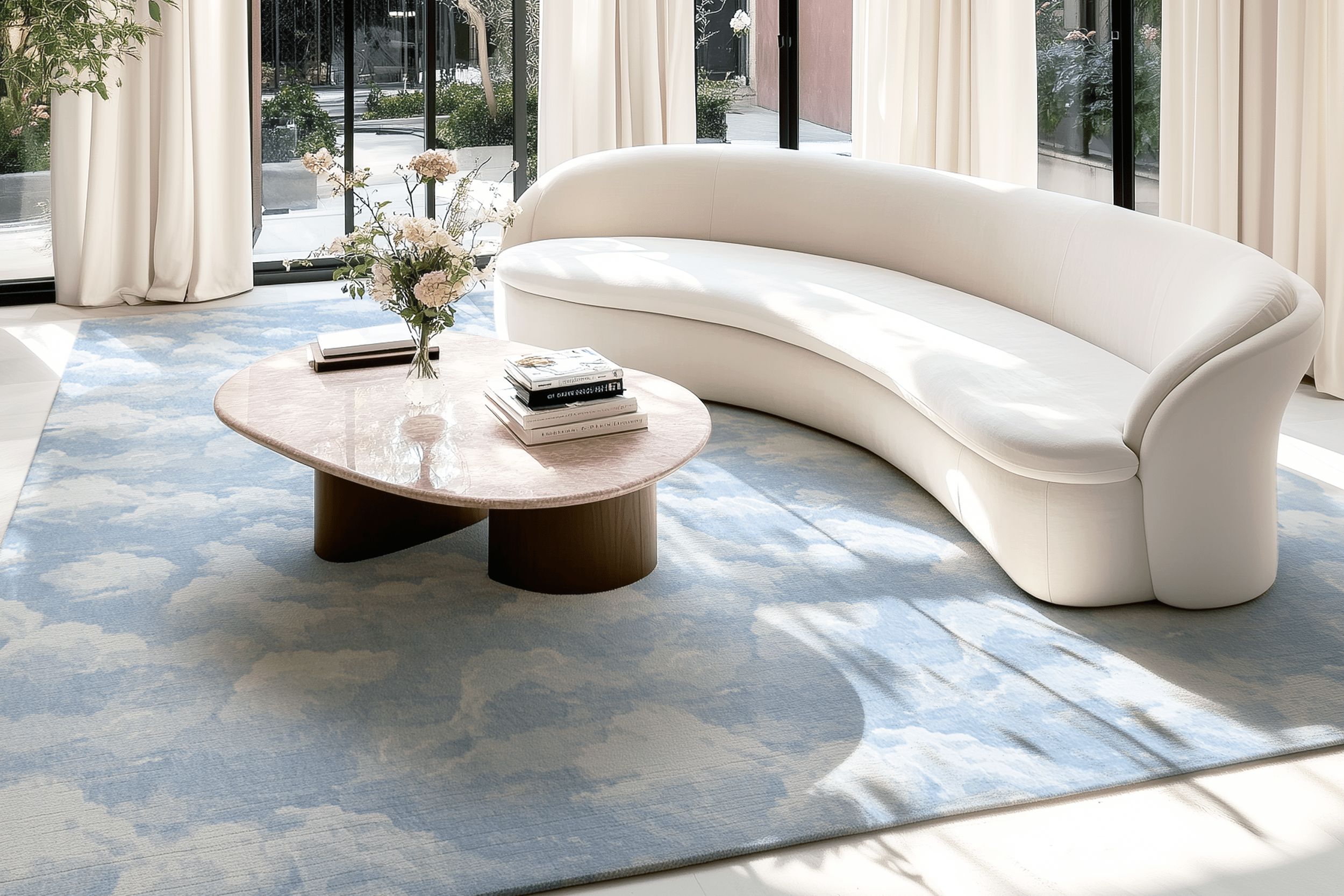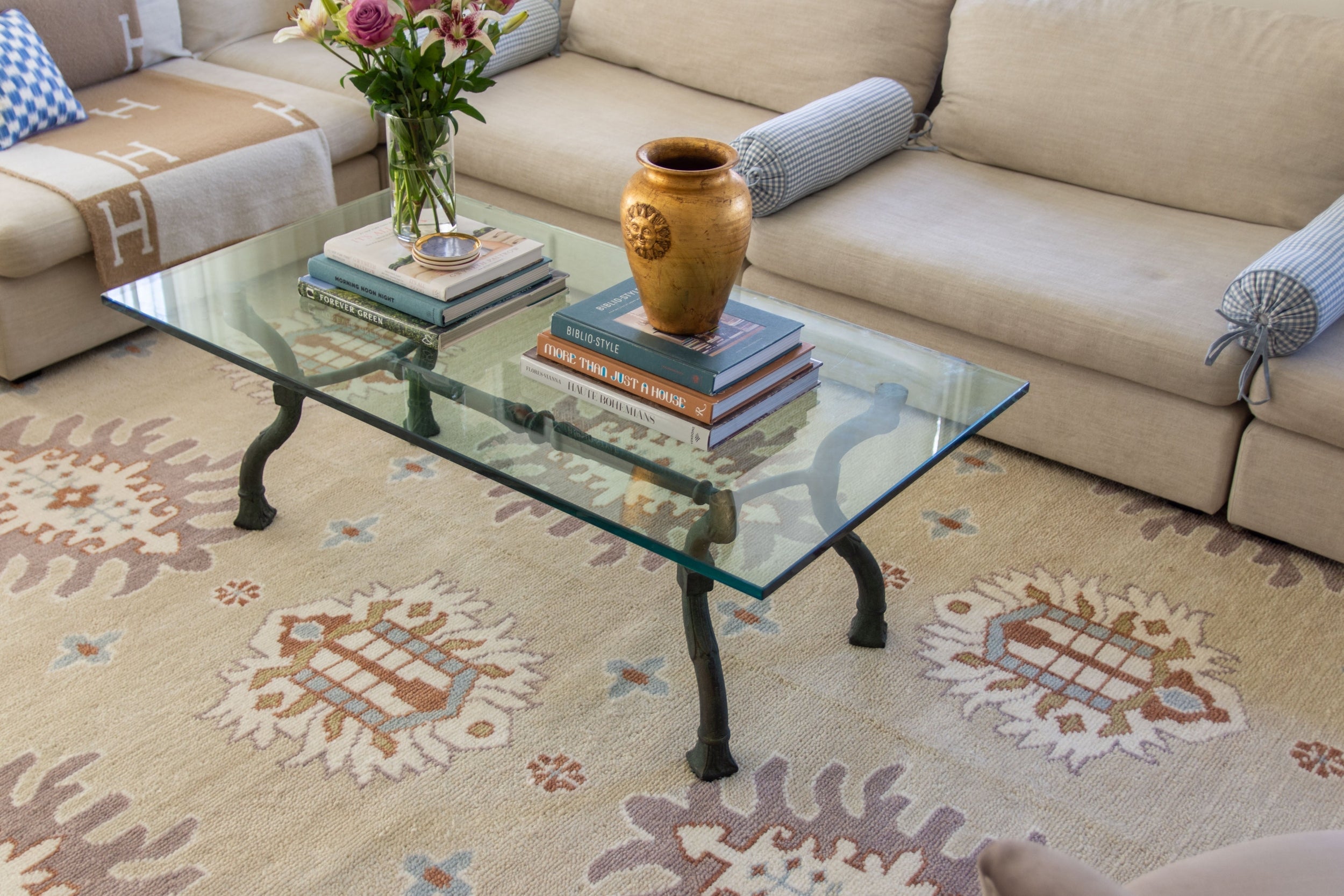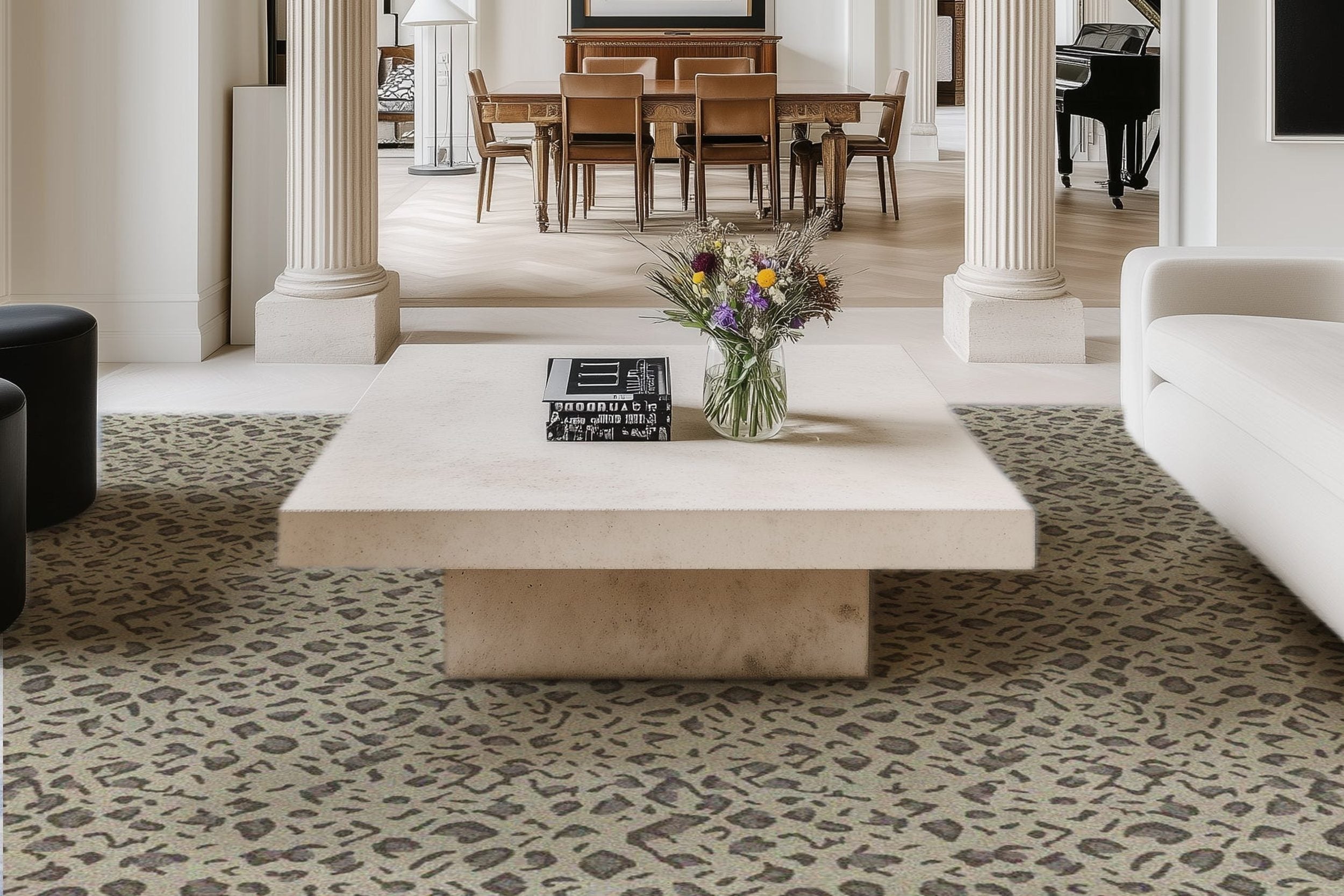Eco-Friendly Wooden Fences: Sustainable Options for Washington Homes
 Homeowners in Washington are becoming more eco-conscious every year. From energy-efficient appliances to sustainable landscaping, many people are searching for ways to reduce their environmental footprint. One area that often gets overlooked is fencing. Choosing the right wooden fence not only adds beauty and privacy to your property but can also support sustainability efforts.
Homeowners in Washington are becoming more eco-conscious every year. From energy-efficient appliances to sustainable landscaping, many people are searching for ways to reduce their environmental footprint. One area that often gets overlooked is fencing. Choosing the right wooden fence not only adds beauty and privacy to your property but can also support sustainability efforts.
In this guide, we’ll explore eco-friendly wooden fence options and how you can enjoy both style and sustainability in your Washington home.
Why Choose Sustainable Wood for Fencing?
Wood has long been a favorite for homeowners who want a natural, timeless look. However, not all wood is harvested in the same way. Sustainable fencing options focus on:
-
Responsible forestry practices – ensuring trees are replanted and ecosystems preserved.
-
Durability – reducing the need for frequent replacements.
-
Lower environmental impact – compared to synthetic materials that take centuries to break down.
When you select an environmentally friendly wooden fence installation, you’re making a choice that benefits both your property and the planet.
Best Eco-Friendly Wooden Fence Materials
1. Cedar
Cedar is naturally resistant to rot, pests, and moisture—an important factor in Washington’s damp climate. It lasts longer without the need for harmful chemical treatments, making it one of the most eco-friendly choices available.
2. Bamboo
Bamboo isn’t technically wood—it’s a fast-growing grass. But it’s extremely durable and renewable, making it an excellent green fencing option. In fact, bamboo grows back in just a few years after harvest.
3. Reclaimed or Recycled Wood
Using reclaimed wood reduces waste and gives old materials a new life. This option is perfect for homeowners who want a rustic or vintage look while keeping materials out of landfills.
Eco-Friendly Treatments and Finishes
Many traditional wood stains and sealants contain chemicals that are harmful to the environment. Instead, look for:
-
Water-based sealants
-
Natural oils (like linseed or tung oil)
-
Low-VOC finishes
These protect your fence from Washington’s rainy weather without polluting the soil or air.
Designing for Longevity
An eco-friendly fence isn’t just about the material—it’s also about how long it lasts. Proper design and installation can help you get decades of use out of your fence. That’s why many homeowners look for professional fence contractor services when their old fences are beyond repair, ensuring a safe and sustainable upgrade.
Final Thoughts
Eco-friendly wooden fences give Washington homeowners the perfect blend of sustainability and beauty. By choosing responsibly sourced materials, natural finishes, and proper installation, you can create a fence that enhances your property while protecting the environment.
A sustainable fence is more than just a boundary—it’s a long-term investment in your home and your planet.
Browse by Category

Design Projects
Explore interiors from client work and personal renovations — layered, livable, and always in progress.
read more →
Collaborations
From product launches to styled spaces, discover the brand stories I’ve helped bring to life.
read more →
The Notebook
A growing archive of iconic designers, inspiring artists, and unforgettable design moments.
read more →
Travel by Design
Wander with a designer’s eye — from charming hotels and city guides to visual inspiration abroad.
read more →




